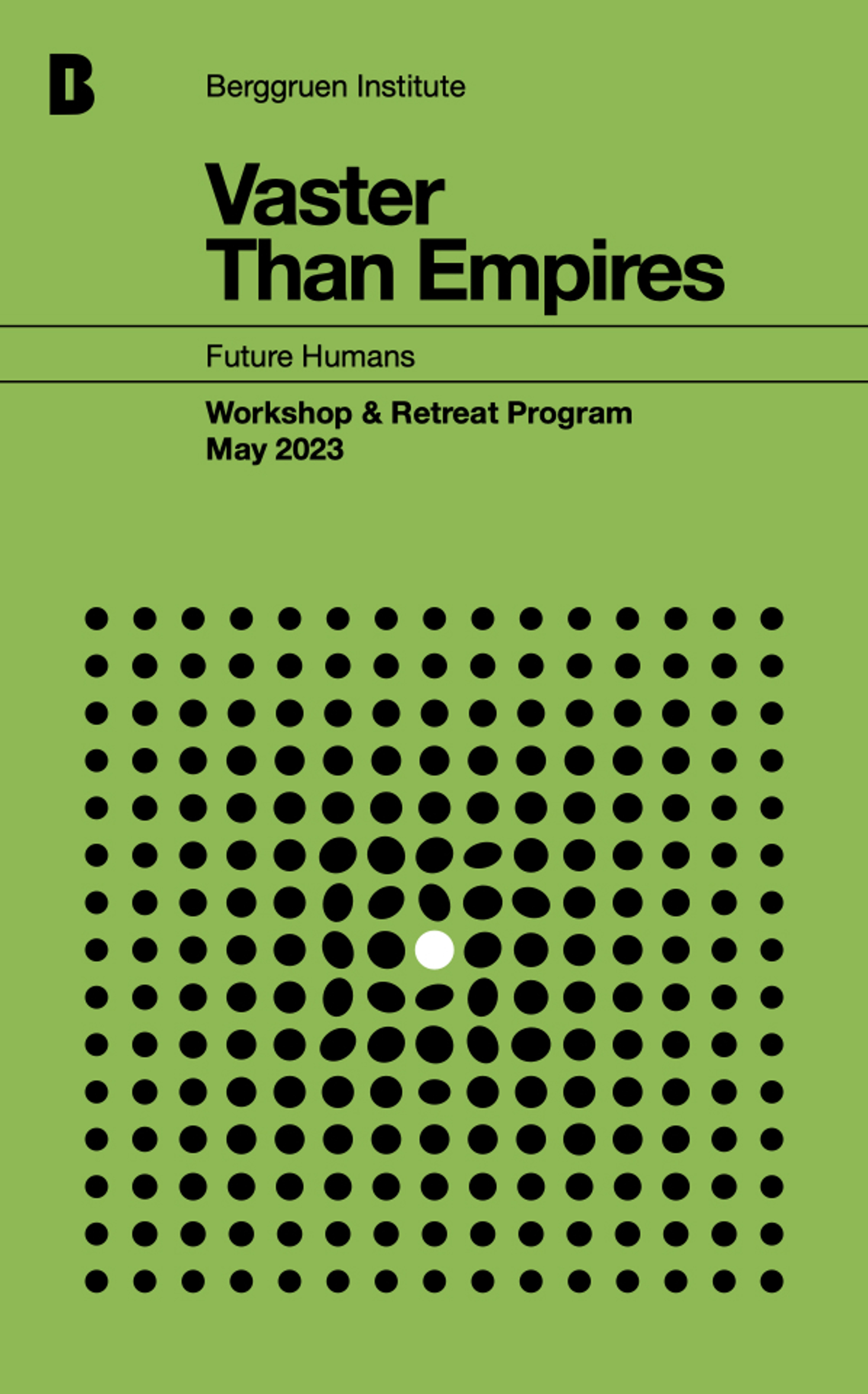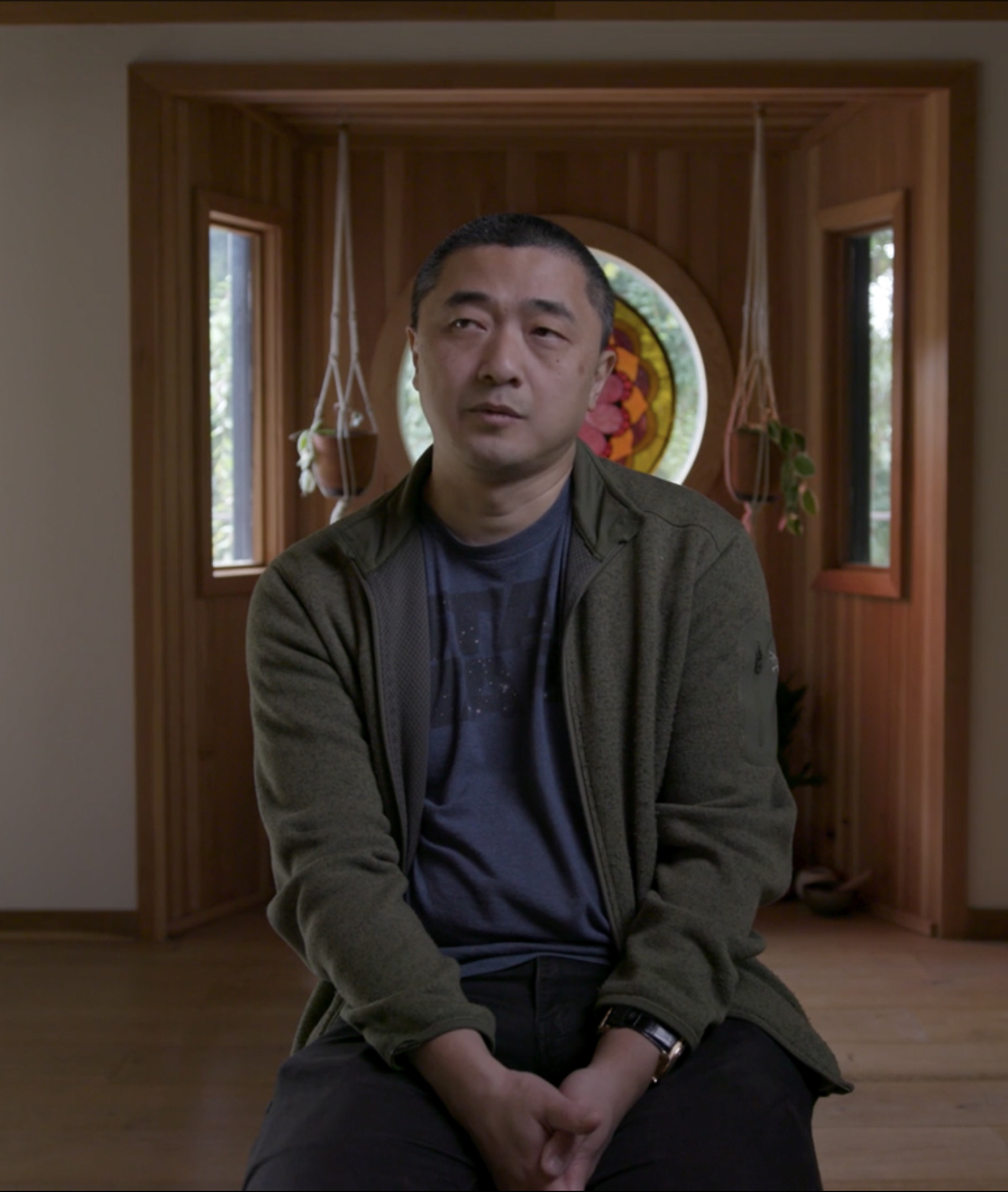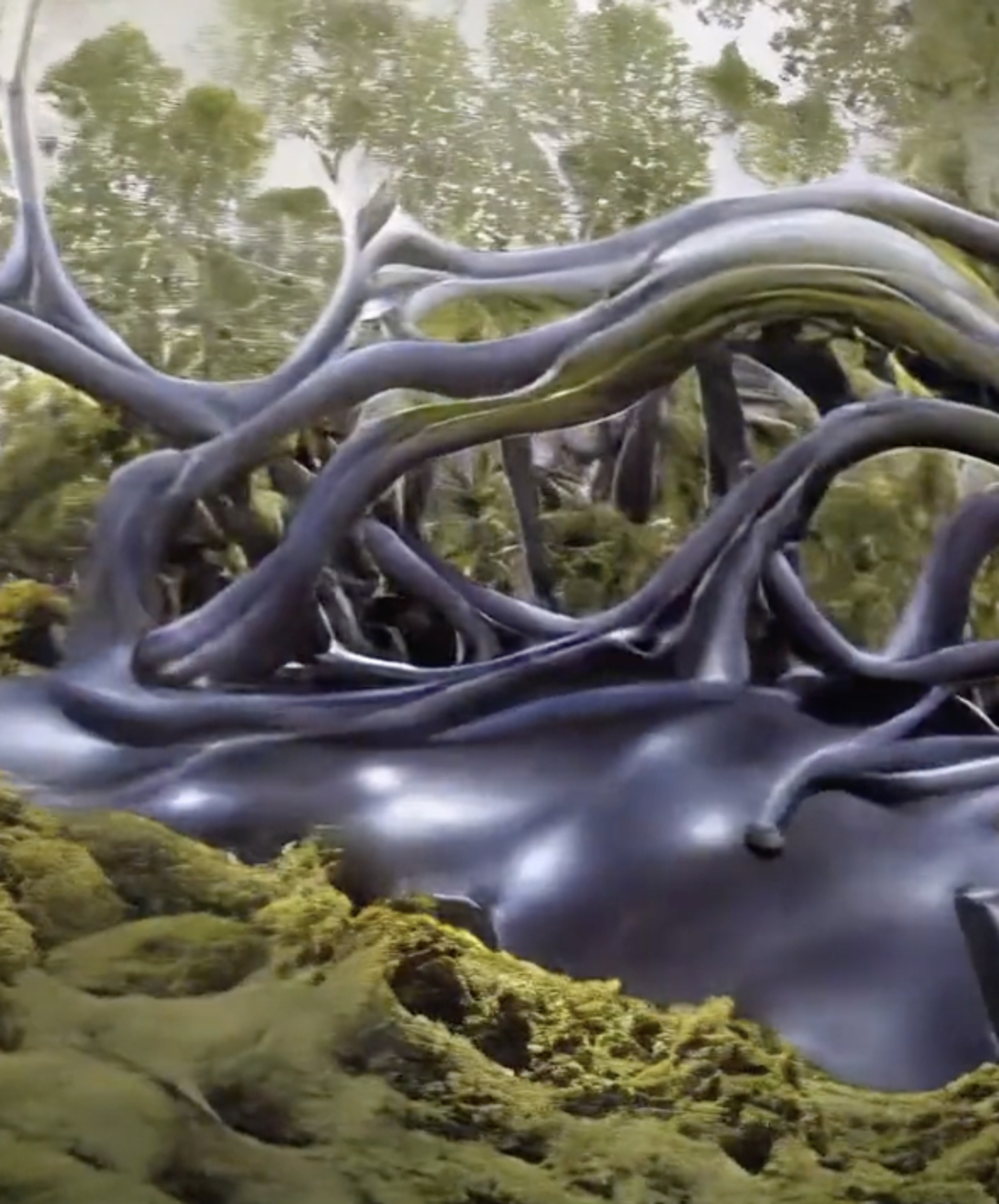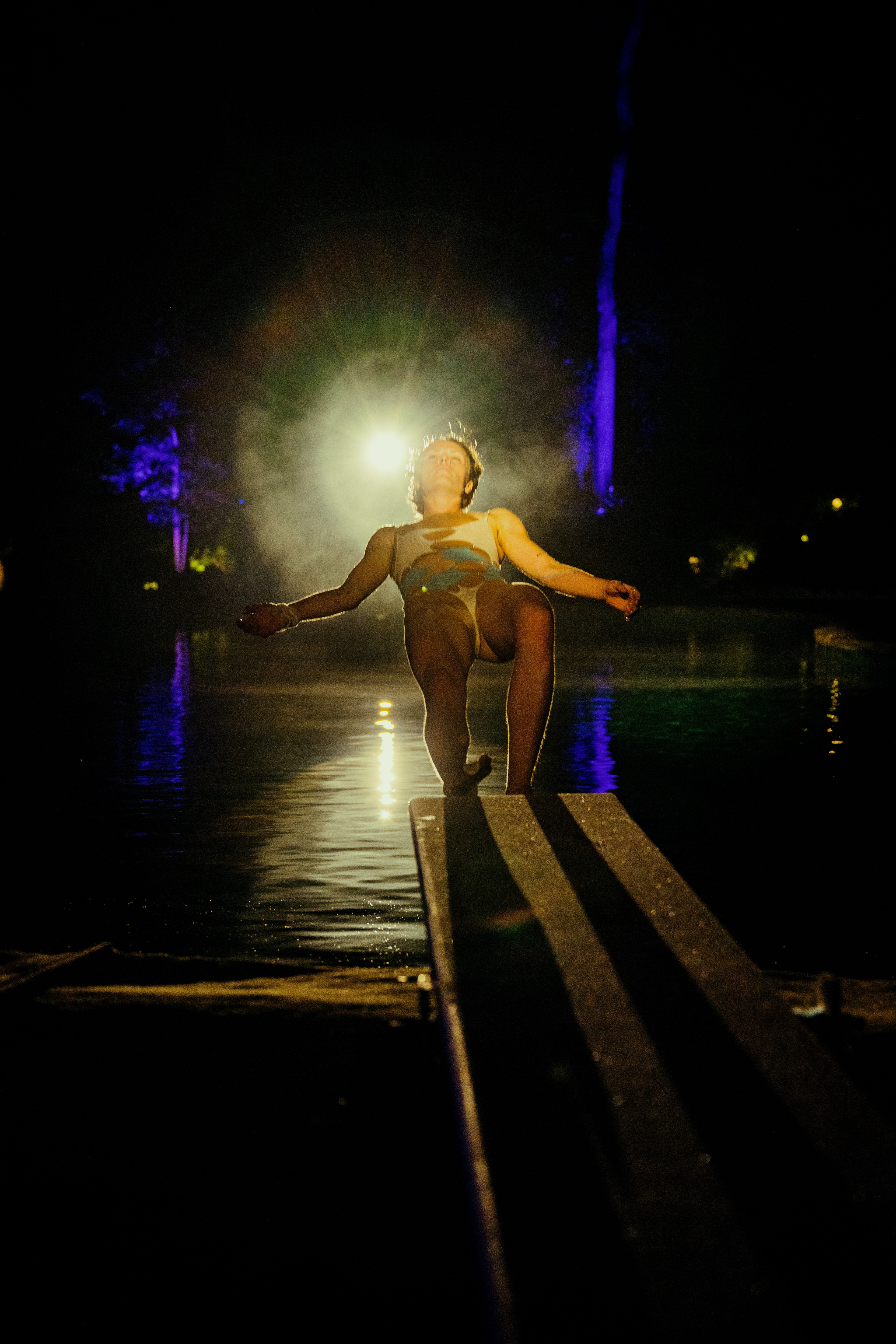Fiction and Futures
Storytelling creates and continues communal mythos. In fiction, we fabulate about worlds beyond our present, beings beyond our immediate perception, and non-human temporalities that boggle our brains.
Vaster than Empires stages a plurality of possible futures to pursue, technologies to tinker with, and epistemologies to engineer. How are we learning to more deeply appreciate non-human intelligences, those on Earth (like bees and bats), those who we create (like AI), and those who we envision beyond our present knowledge (like extraterrestrials)?
Fiction writing is a powerful probe to chart how intelligence, cognition, sentience, and sapience are concepts undergoing cataclysmic redefinitions. The more we learn about other-than-human ways of being, the deeper our sense of humanhood. Vaster than Empires hypothesizes that atomistic individualism is giving way to entangled embodiment; closed consciousness is succumbing to collective inhabitations. In storytelling, we can push such present technoscientific phenomena into futures just beyond the horizon. Storytelling is essential to encapsulate communal values and try on our passions and fears of the future.
Vaster than Empires homes in on the concept of collective intelligence through various spatial and temporal registers, from the quantum to the planetary to the cosmological. Our exploration generates the Berggruen Institute’s repertoire for imagining the future—its tools, metaphors, and models—in speculative worlds that reach for greater inclusion, justice, multispecies mutualism, cross-species communication, and empathy with more-than-human Others vital to preserving our planet.
How can these findings apply to worlds and beings beyond Earth?
Learn more about the Vaster than Empires project, a collaboration with Studio B.
Dr. Claire Isabel Webb directs the Future Humans Theme at the Berggruen Institute.





